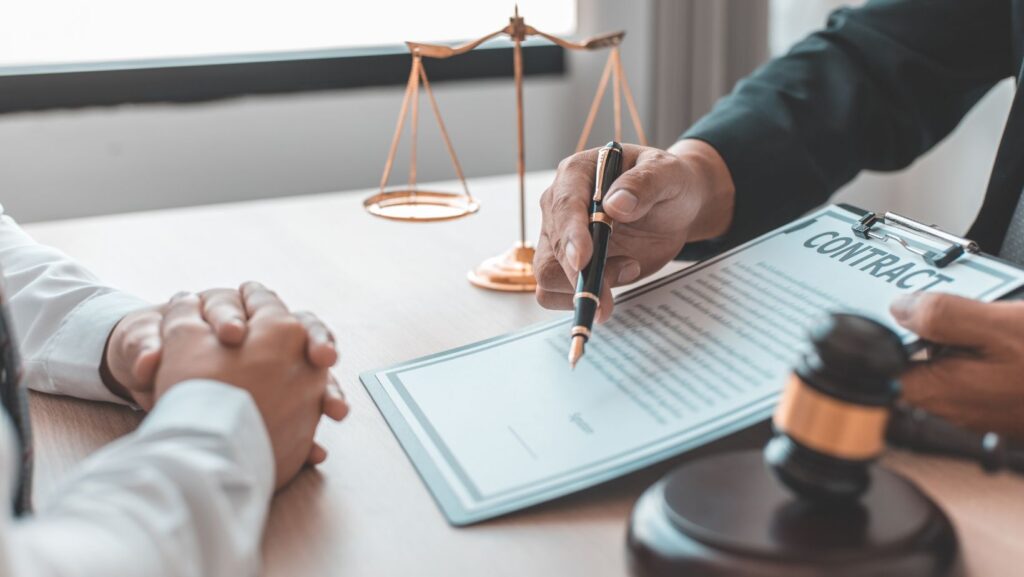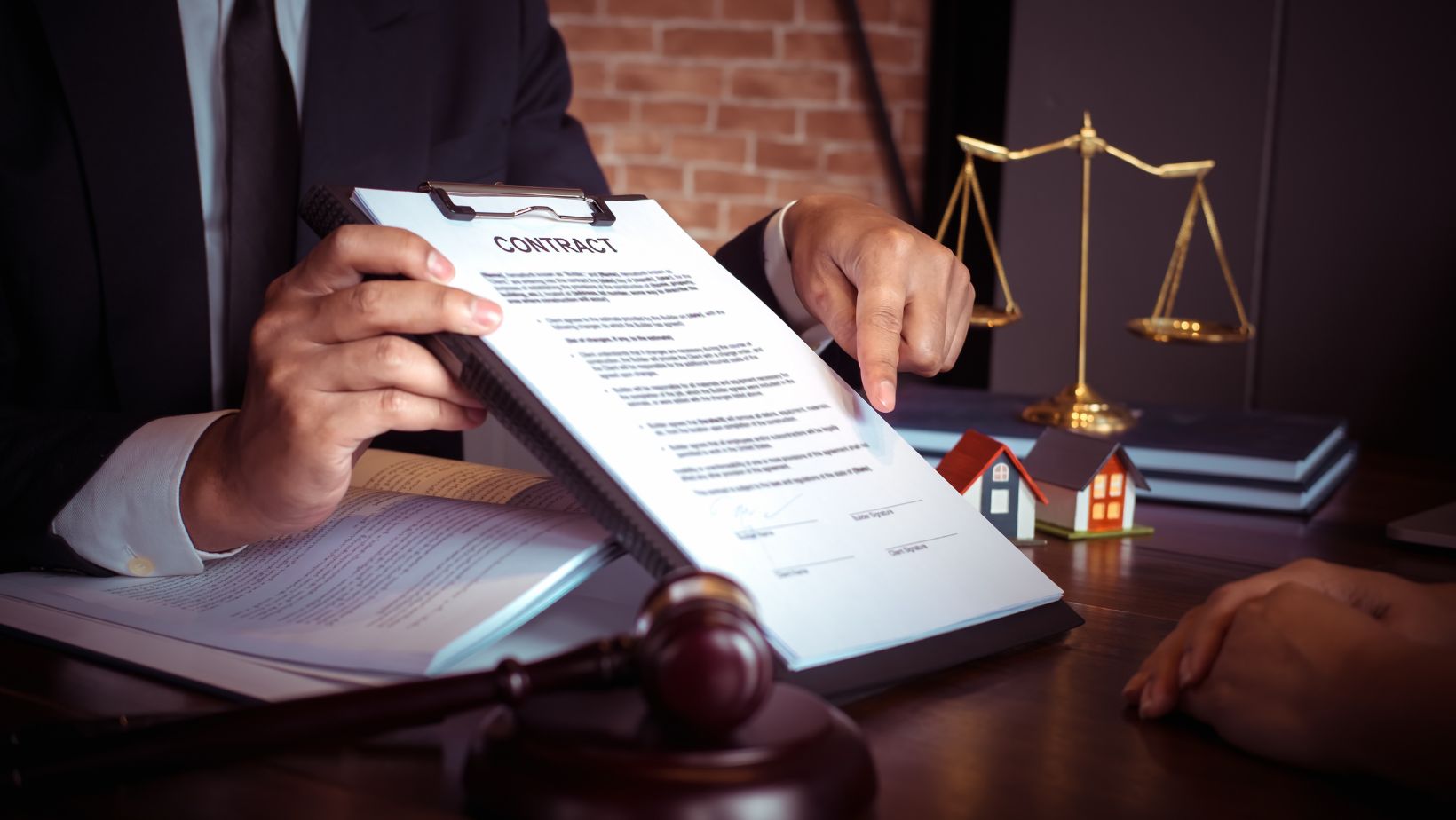
Accidents can strike anytime, turning a regular day into a challenging ordeal. In Connecticut, understanding your rights and responsibilities following an injury is crucial for navigating the legal landscape.
From car crashes to slip-and-fall incidents, knowing how to document your case and establish liability can make all the difference in seeking compensation. The legal nuances can be difficult to navigate by yourself, which is why you should speak to attorney Russell Berkowitz of Berkowitz Hanna Malpractice & Injury Lawyers. Whether you’re dealing with personal negligence or product defects, this guide provides essential insights into personal injury law in Connecticut.
Steps to Take Immediately After an Injury
The first moments following an injury are crucial for your health and potential legal claims. Immediately after an accident, ensure everyone’s safety, including calling for medical help even if injuries seem minor.
For purposes of strengthening your claim, document the scene meticulously. Ideally, take photos of any hazards, note conditions, and collect contact information from witnesses.
Moreover, keep a record of your injuries and any medical treatment received. Remember to report the incident promptly to the relevant parties, whether store management or local authorities.
Establishing Liability in Connecticut Personal Injury Cases
Understanding liability is key to pursuing a personal injury claim. In Connecticut, liability often hinges on demonstrating negligence. The injured party must prove that the at-fault party owed them a duty of care and breached it, directly causing the injury. Lawyers are skilled at determining liability.
Documentation like accident reports and witness statements bolsters this proof. Additionally, understanding specific types of liability, such as product defects or property hazards, can help clarify who’s accountable.
Connecticut follows a modified comparative negligence rule, impacting how fault is assigned in personal injury cases. Courts assess the degree of fault for both parties involved.
Your compensation may be reduced proportionally if you are found partially at fault. However, recovery is not possible if you are more than 50 percent at fault. A legal professional will explain the rules of the jurisdiction before they take up your case.
Proper documentation and legal advice are critical to presenting a strong case and minimizing perceived liability. Understanding this aspect helps manage expectations about potential compensation outcomes.
Filing Deadlines and Statutes of Limitations for Claims
Timing is crucial when filing personal injury claims in Connecticut. The state generally allows three years to file a claim from the date of injury, though specifics can vary based on case type.
Product liability cases have a three-year limit from injury or ten years from product sale. Conversely, wrongful death claims require action within two years.
Promptly consulting with an attorney ensures you meet these deadlines, effectively preserving your right to seek compensation. Ignoring these timelines can result in forfeiting your legal options altogether.
Evaluating Your Personal Injury Claim’s Worth
Determining the worth of a claim involves assessing both economic and non-economic damages. Economic damages cover tangible losses such as medical bills, property damage, and lost wages.
On the other hand, non-economic damages include pain and suffering, emotional injuries, and loss of enjoyment of life. Connecticut has no cap on these non-economic damages except for workers’ compensation cases.
Personal injury attorneys are specialists in evaluating claims and can provide a more precise estimate based on your circumstances. Their damage calculations cover everything, from immediate medical costs to long-term impacts on your life, ensuring you receive fair compensation.
Conclusion
Connecticut’s personal injury law can be your lifeline if you have been hurt due to someone else’s carelessness. Getting clued up and taking quick, smart steps is essential, but honestly, having a sharp legal eagle on your side usually makes things way smoother. Reach out to a savvy attorney who will let you zero in on getting better while they handle the heavy lifting, making sure your rights are fully protected and you are not just another silent stat.









